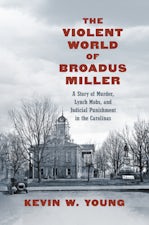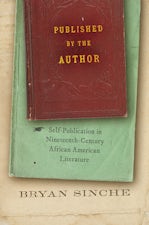The Party at Jack's
A Novella
By Thomas Wolfe
Edited and with an introduction by Suzanne Stutman and John L. Idol Jr.

274 pp., 6.125 x 9.25
-
Paperback ISBN: 978-0-8078-4957-6
Published: February 2001 -
E-book PDF ISBN: 979-8-8908-6761-2
Published: June 2013 -
E-book EPUB ISBN: 978-1-4696-1122-8
Published: June 2013
Buy this Book
- Paperback $50.00
- E-Book $29.99
About the Author
Thomas Clayton Wolfe (October 3, 1900 – September 15, 1938) was a major American novelist of the early 20th century.
For more information about Thomas Wolfe, visit
the
Author
Page.
Reviews
"I think it is now a single thing, as much a single thing as anything I've ever written."--Thomas Wolfe, to his agent, Elizabeth Nowell
"Written in Thomas Wolfe's characteristically rhapsodic style."--New York Times Book Review
"Aside from Tom Wolfe (the other one) and Norman Mailer, no stylist today takes as big a bite out of the American landscape."--Kirkus Reviews
"A type of drawing-room comedy with a sharp edge. . . . Wolfe's tale, replete with his especially lovely language, can stand on its own despite a few flaws."--Library Journal
"This novel, in which Wolfe's host and hostess are seen amid an arty New York crowd against a background of Depression-era social classes, is a generally interesting, as well as a significant, addition to the Wolfe texts that have been appearing under this publisher's imprint."--Choice
"In his sketch of Jazz Age society as a drunken party that ran on too long, Wolfe created an image of undeniable power."--Wilmington Star



